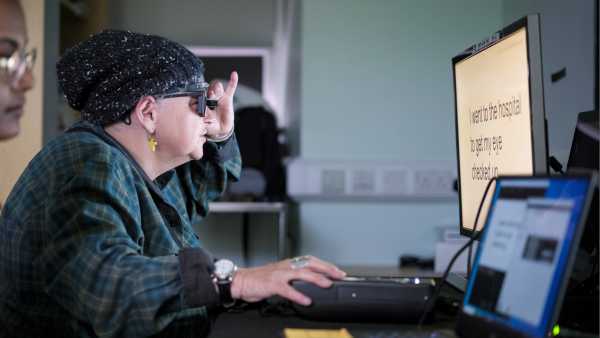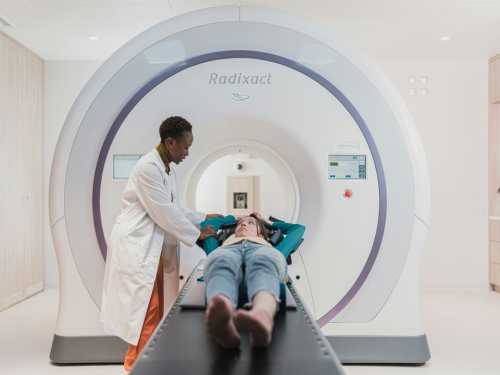
(Image credit: Getty)
Air purifiers work by filtering indoor air, taking it in, trapping pollutants, and then returning the cleaned air back into the room. Some of these particles, such as pollen, pet dander, and mold spores, can be irritating and worsen allergic reactions in people. These particles can enter our bodies through breathing, which can lead to runny noses, watery eyes, and other unwanted reactions in those sensitive to allergens.
So do air purifiers really help with allergies? The short answer is yes, they can, but only to a certain extent.
Air purifiers can effectively trap small allergens, preventing them from diffusing into the air and being inhaled. But these devices aren’t a complete solution, Dr. Payel Gupta, an associate professor at SUNY Downstate Medical Center in New York City and a national spokesperson for the American Lung Association, told Live Science in an email. “Each device has its limitations, and individual responses may vary,” she said.
Aneta Ivanova, a consultant nurse in paediatric allergy at Sandwell & West Birmingham Hospitals NHS Trust in Birmingham, England, agrees.
“Air purification is often recommended as part of environmental improvement for patients with allergic respiratory diseases, but there is a lack of medical evidence to support that air purifiers significantly reduce allergy or respiratory symptoms,” Ivanova said. “Larger randomized controlled trials are needed to scientifically substantiate the true effectiveness [of these devices],” she added. (Randomized controlled trials include a placebo group for comparison and can provide direct evidence that an intervention improves specific symptoms.)
Historically, studies have suggested that air filtration can ease some hay fever symptoms, such as sneezing, nasal congestion, and watery eyes. However, in practice, it doesn’t significantly improve people’s lung function, quality of life, or need for allergy medications, according to a 2024 analysis published in the journal Indoor Air.
These mixed results may be partly due to limitations in the studies. For example, air purifiers are typically tested in strictly controlled lab settings rather than in real-world situations. Factors such as the device’s location, power, and run time also affect its ability to reduce allergy symptoms, which can lead to differences between studies.
Different types of filters in air purifiers can also affect their effectiveness. Most high-quality air purifiers on the market use high-efficiency particulate air (HEPA) filters, which the U.S. Environmental Protection Agency (EPA) says can remove up to 99.97% of dust, pollen, and airborne particles as small as 0.3 microns. These filters are made up of a multi-layered network of very fine fiberglass threads, thinner than a human hair.
“HEPA filters are particularly effective at capturing airborne particles, including common allergens,” Gupta said.
Ultimately, “while air purifiers can be helpful in controlling allergies, asthma, and exposure to pollutants, they are most effective when combined with good indoor air quality practices, such as regular cleaning, humidity control, and proper ventilation,” Gupta emphasizes. An air purifier alone may not do the job.
This article is for informational purposes only and is not intended as medical advice.
Similar stories:
— How do air purifiers work?
— How can air purifiers help with asthma?
— Do air purifiers help fight mold?
Today's Best Air Purifier Deals
Sourse: www.livescience.com





